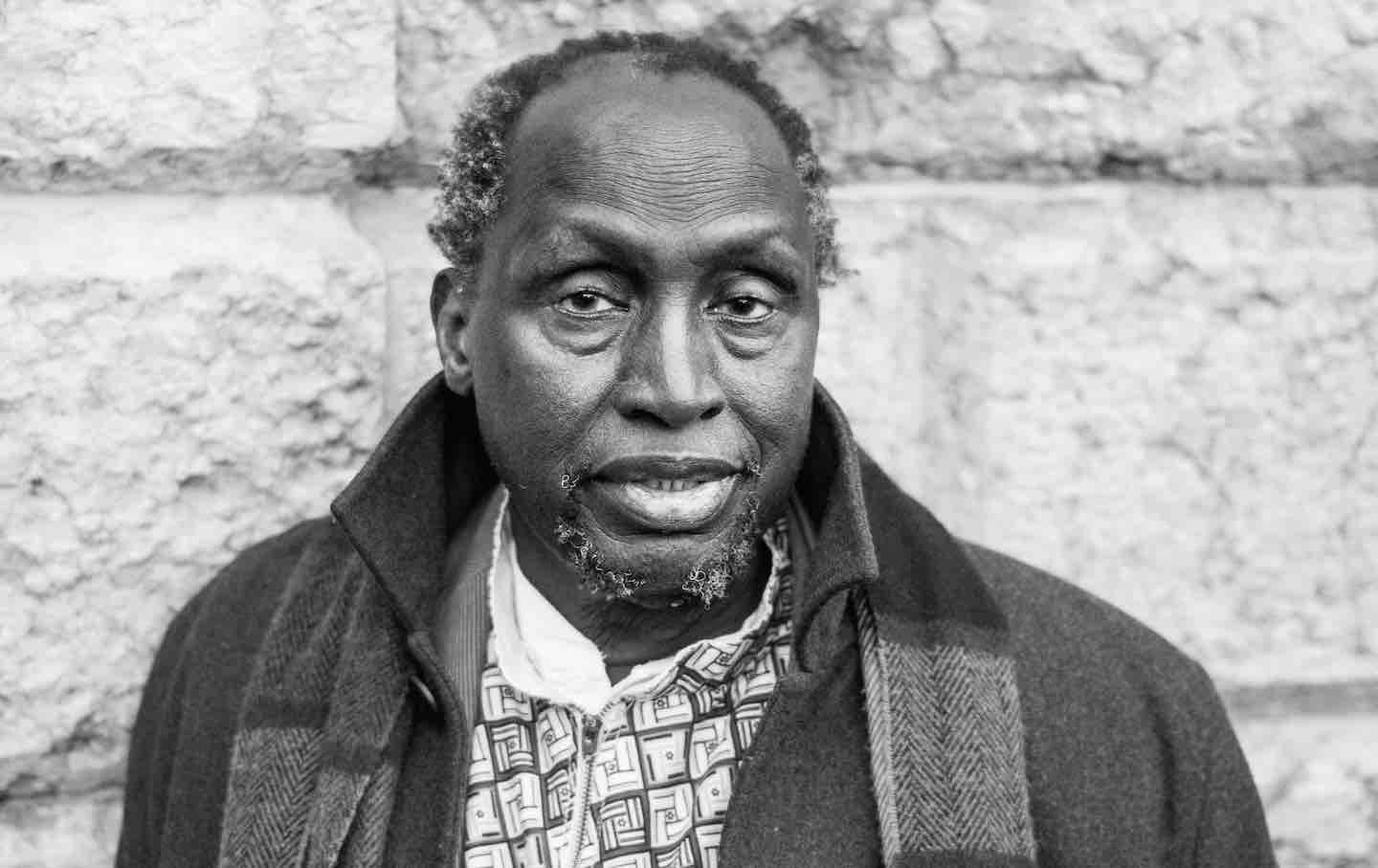
"Ngũgĩ wa Thiong'o's life and work are emblematic of the complexities of postcolonial Africa, probing themes of language, memory, and justice within a colonial legacy."
"His early works like 'Weep Not, Child' and 'A Grain of Wheat' marked him as a prominent African literary voice, yet he felt conflicted about his audience."
"In the 1970s, Ngũgĩ's formation of a community theater and creation of 'Ngaahika Ndeenda' showcased his commitment to radical, local storytelling, leading to conflict with authorities."
"Ngũgĩ’s work often posed the question, 'I knew about whom I was writing, but for whom was I writing?' reflecting his struggle with identity and audience."
Ngũgĩ wa Thiong'o, who passed away on May 28 at age 87, was a prominent Kenyan novelist, playwright, and essayist whose life encapsulated pivotal postcolonial themes in Africa. Born during British colonial rule, Ngũgĩ's early experiences of power dynamics and cultural suppression fueled his literary voice. Notable works like 'Weep Not, Child' and 'A Grain of Wheat' established his reputation in African literature, yet he grappled with his audience's identity. His venture into community theater in the 1970s, culminating in the banned play 'Ngaahika Ndeenda,' emphasized his dedication to local storytelling and critique of postcolonial elites, securing his legacy in the literary landscape.
Read at The Nation
Unable to calculate read time
Collection
[
|
...
]